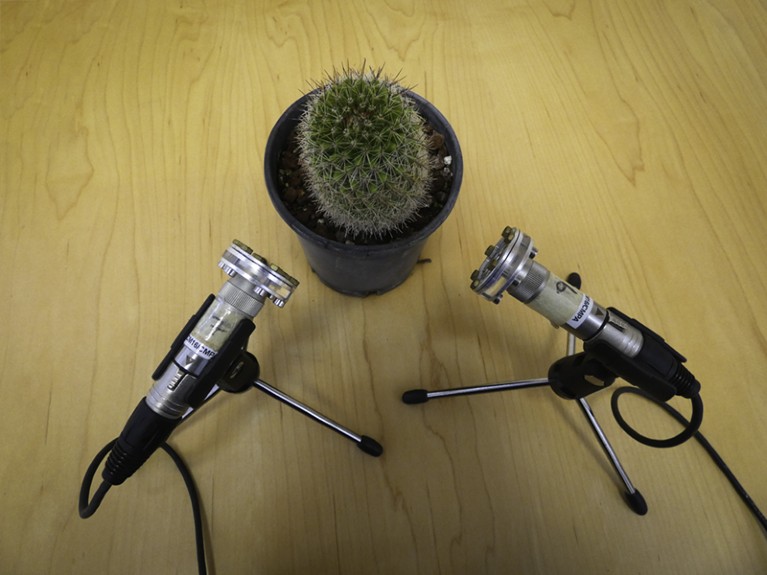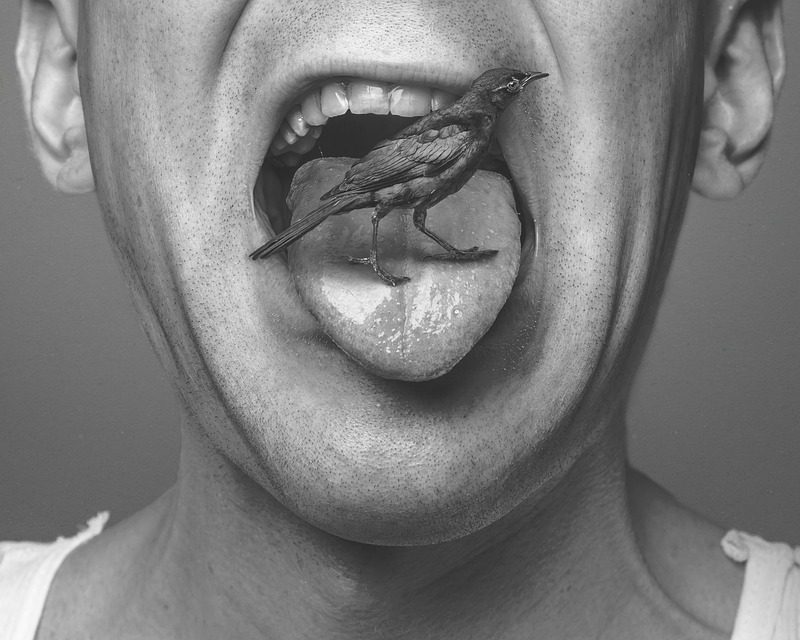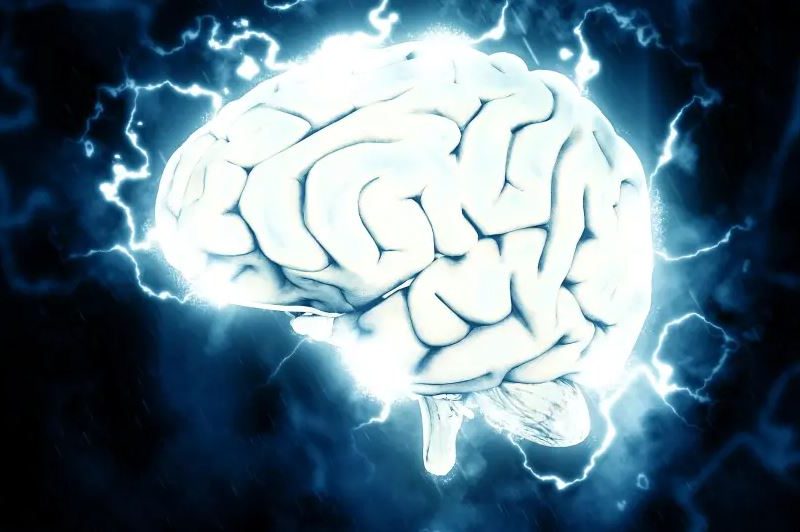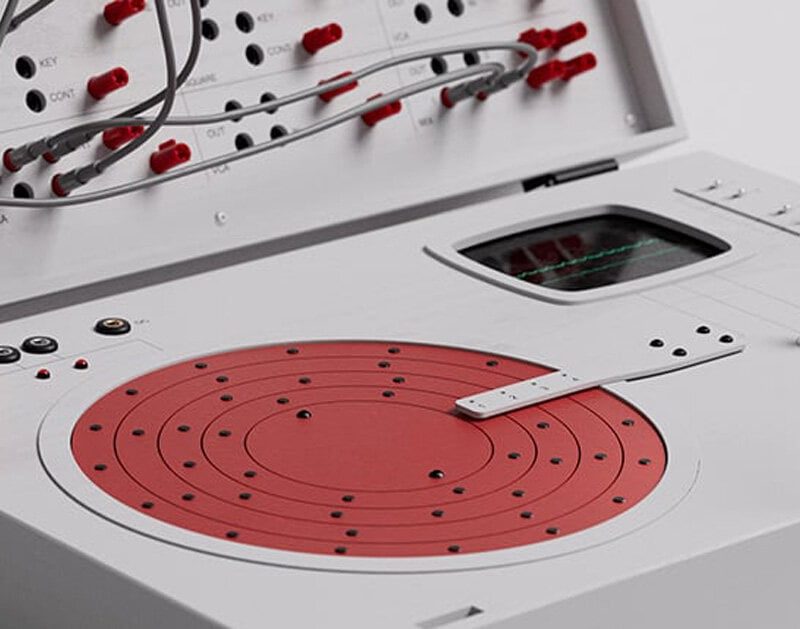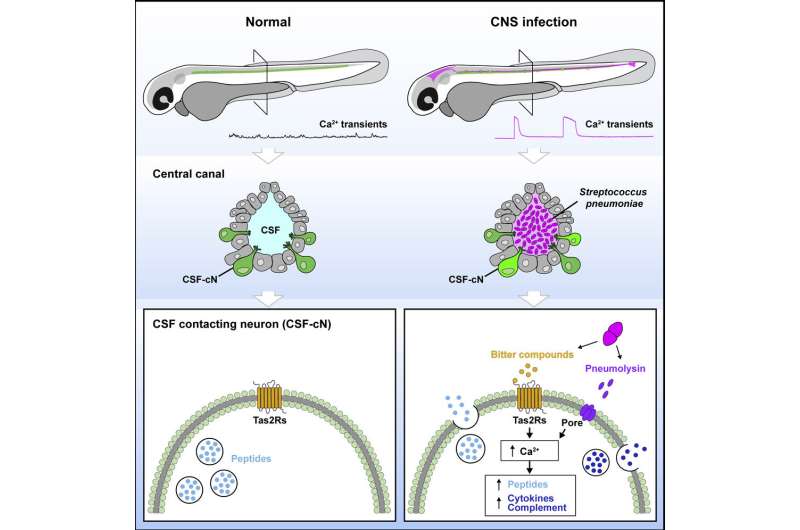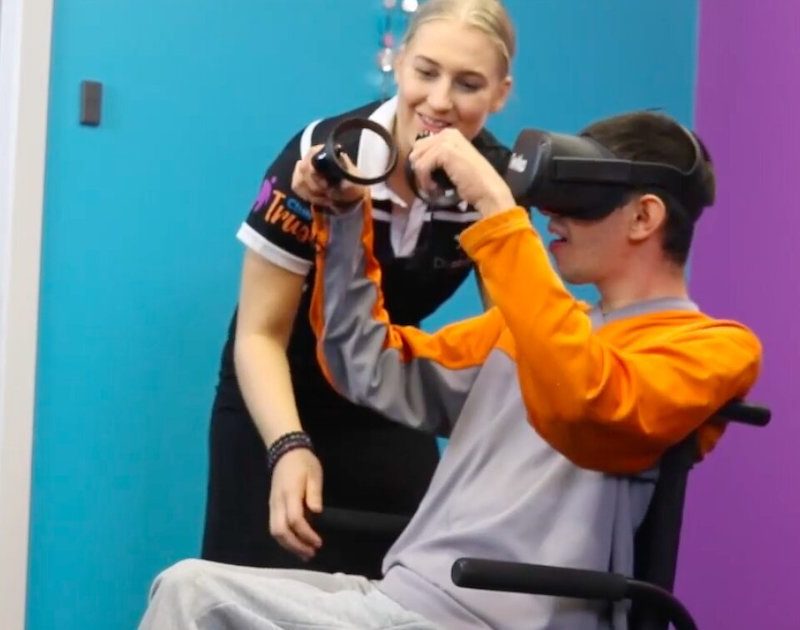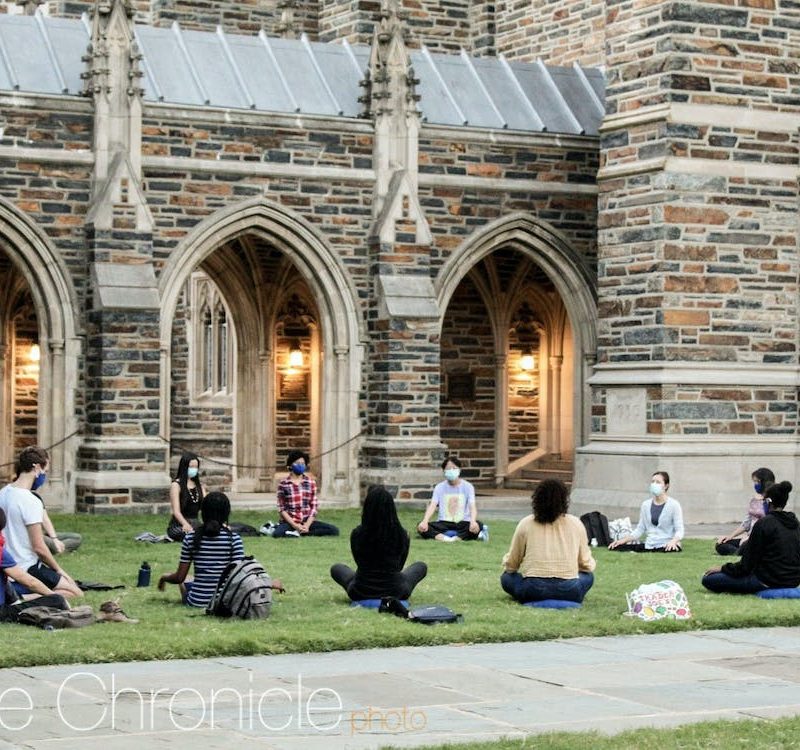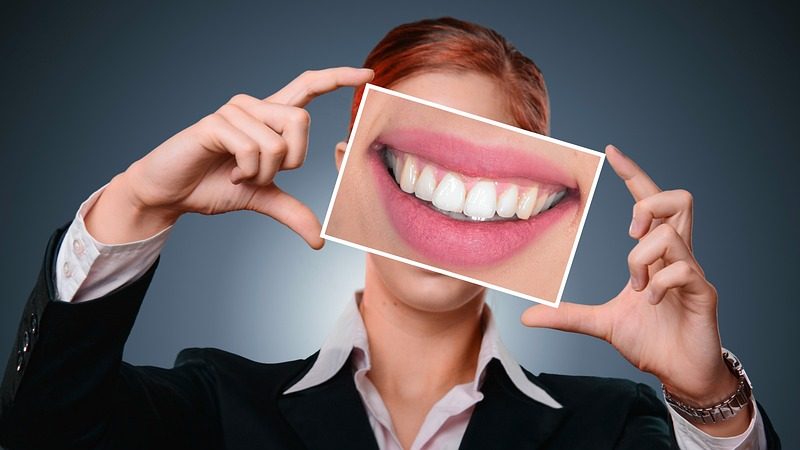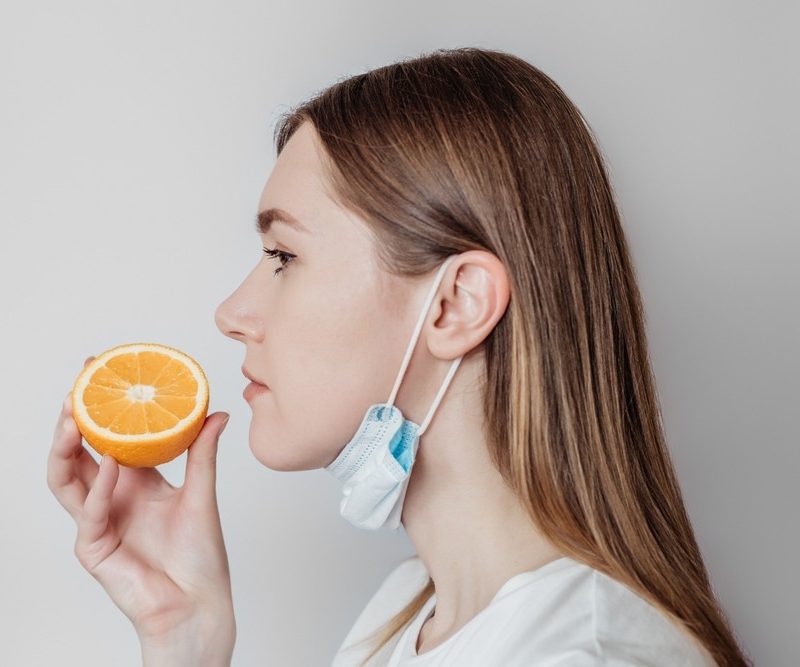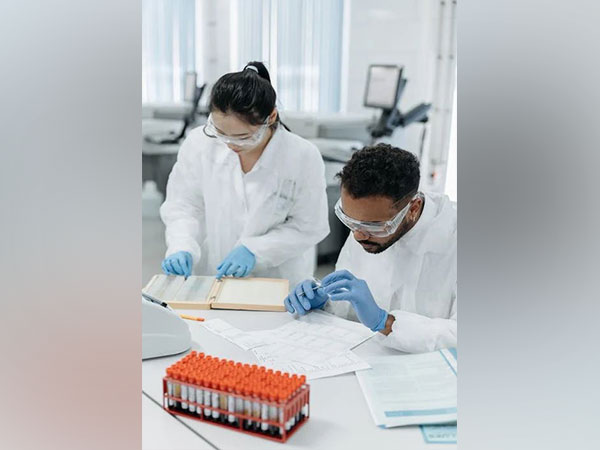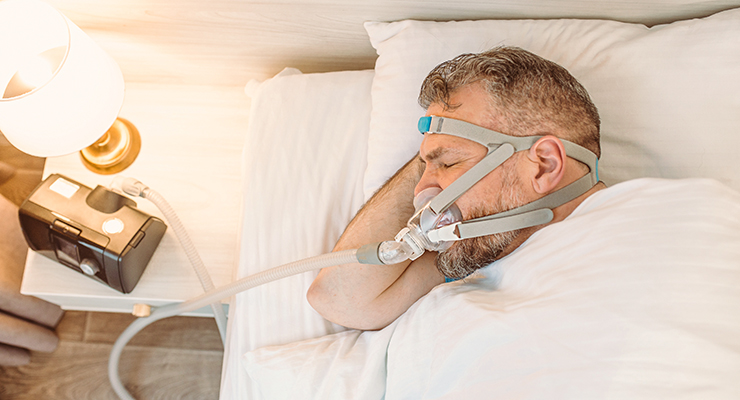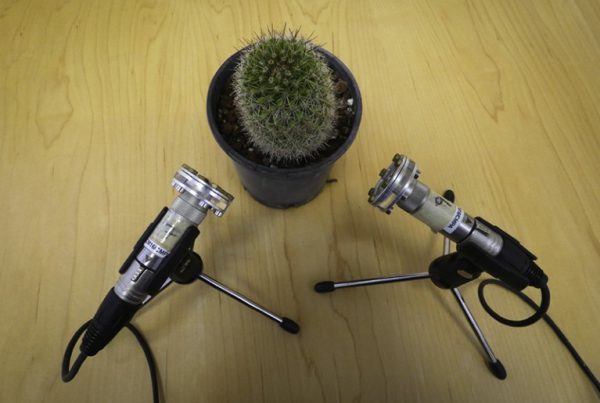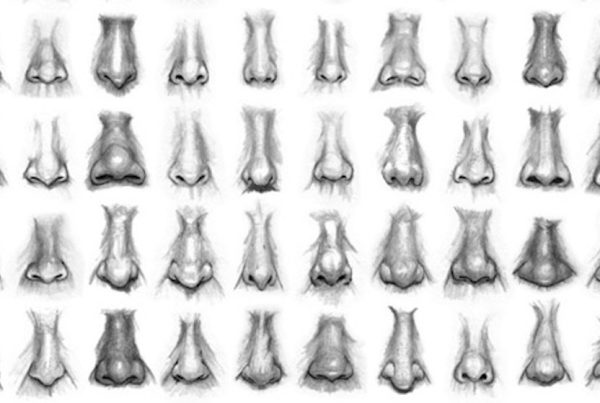Tens of millions of Americans suffer age-related losses in at least 1 of their senses, according to a University of Chicago study.
“People are living longer than ever before in history and with these extended life expectancies comes the likelihood of sensory decline,” Dr. Gary Small, director of the UCLA Longevity Center and author of “The Mind Health Report” newsletter, tells us. “Sight, hearing, smell, touch, and taste diminish in many older adults. In addition to impinging on the quality of life for these seniors, these losses also increase the risk for cognitive decline because less sensory input means less mental stimulation.
“Memory has 2 components:encoding or getting the information into our brains and retrieval, finding those memories when we want them. If hearing and sight are impaired, a lot of the information that drives new memories is never obtained.”
There are lots of things we can do to protect our sensory acuity as we age, read carefully:
Sight. Make sure that you get enough sleep to keep your eyes lubricated and wear corrective lenses. Get regular checkups for cataracts, macular degeneration, and other age-related eye disorders. If you use smartphones and e-readers, you can make the text significantly bigger to facilitate texting, emailing, and reading, notes Dr. Delia Chiaramonte, MD, a Baltimore-based physician. Another common problem of aging is dry eye, a condition that can affect up to 30% of seniors. Work with your eye doctor to find the best moisturizing strategy.
Hearing. Preserving hearing is Key. A lifetime of noise coupled with normal aging can cause deterioration in the tiny cells in your ears that communicate with your brain. Hearing loss can 2X the risk of dementia, says Dr. Frank Lin, associate professor of otolaryngology at Johns Hopkins University in Baltimore. You are also more likely to suffer falls, he says, because your balance gets thrown off when you can’t hear your own footsteps. Avoid loud noises and wear ear plugs if needed. Have your hearing checked if you feel you are having trouble engaging in conversations.
Taste. Illnesses like diabetes, respiratory infections, and inflammatory bowel disease can impact taste, so work with your doctor to manage common age-related illnesses. “Avoid alcohol-based mouthwashes.” And rather than adding salt or sugar to your food, which can have negative health consequences, experiment with intense spices such as curry and hot peppers. If your mouth is dry, talk to your doctor. Hundreds of medications can cause a lack of saliva, including drugs for allergies, depression, anxiety, and pain.
Smell. Every aroma is processed by nerve endings high in your nose. These nerve endings may wear out and even die with age. This can be inherently dangerous as well as inconvenient. A recent study showed that 20% of those over 70 anni could not detect the smell of smoke, and 31% were unable to detect Nat Gas leaks. But people who exercise regularly and do not drink excessively are less likely to suffer from loss of smell, according to a 2016 National Institutes of Health report. Avoid toxic fumes and excess alcohol consumption. Consider smell training to help regain up to 30% to 40% of your sense of smell. Spend a few minutes each day gently sniffing familiar aromas such as lemon, cloves, and eucalyptus.
Touch. About 30% of people in their 50’s say their sense of touch is not what it used to be and another 30% say it is a downhill slide. Normal brain aging and the gradual loss of touch-sensing receptors may be the cause, say experts. And getting regular massages and wearing body-hugging clothing to stimulate the receptors. Be generous with your affection. Pet the dog, and hug friends and family members when you can. Above all, move and stay active so that the touch receptors stay active and useful. Exercise plays a Key role in preserving all of our senses as we age.
Eat healthy, Be healthy, Live lively
Source: Protecting Our Senses as We Grow Older – Live Trading News



